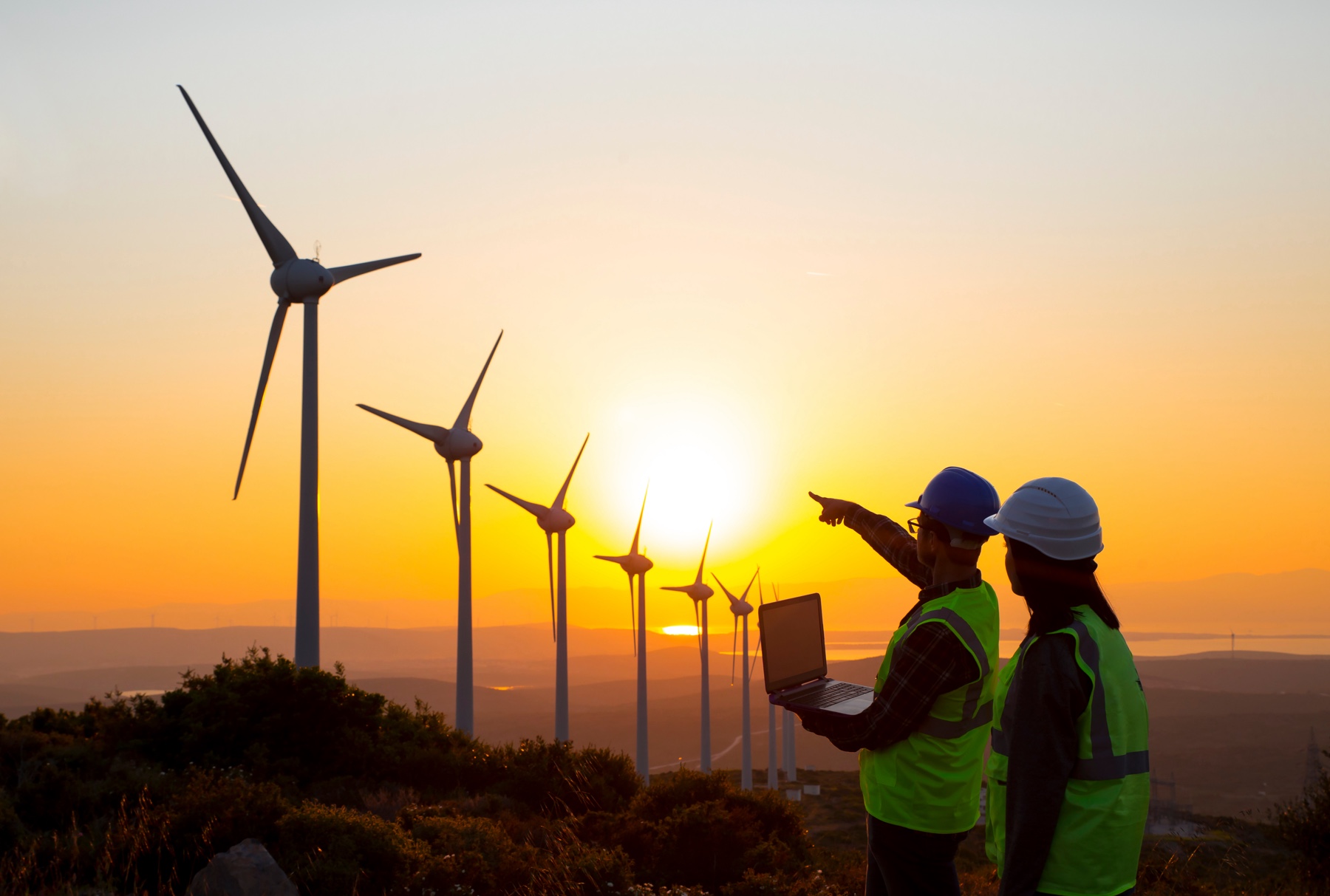Maggie White
Harnessing microbially mediated redox processes for sustainable water treatment.
Email: m.l.white@ncl.ac.uk
Project supervisors
"Dr Anke Neumann
Dr James Kitson
Project description
The international community is under considerable pressure to reduce greenhouse gas emissions. This reduction forms a part of climate change mitigation strategies. The development of low carbon footprint, sustainable technologies is critical. These technologies are essential for humanity’s adaptation to our changing climate.
The UN’s Sustainable Development Goal 6 (SDG6) aims to achieve universal access to safe and affordable drinking water for all by 2030. The need for low cost and sustainable global (waste)water treatment systems has rapidly become more urgent.
This project will use an interdisciplinary approach. It will exploit the natural interaction of iron-rich sedimentary minerals with indigenous microbial communities. This will enable us to treat (waste) water via advanced oxidation processes (AOPs) and remove target pollutants, at very low cost. These coupled biogeochemical processes can occur in isolation in the laboratory. But t is not yet clear whether this potentially dynamic system is able to self-regenerate. This would be necessary for it to perform effective treatment of water pollutants over several oxidation-reduction (redox) cycles under realistic environmental conditions.
We will provide proof of concept for this water treatment system. To do this, we will carry out laboratory mesocosm experiments. We will use different combinations of iron-rich clay minerals and naturally occurring redox-active sediments. This will include in-situ indigenous microbiology. We will use selected organic probes, representative of target pollutants. We will adjust water flow and oxygen saturation over time. This will simulate successive redox cycles that would occur in the natural environment. By doing this, we will gauge the overall success of the treatment process.
We are using combined geochemical, engineering, microbiological and ecological methods. The results from mesocosm experiments will determine whether this novel water treatment system can be:
- implemented at field scale
- operated sustainably and efficiently
Using ecological and physicochemical indicators, we will:
- develop a low-cost tool to monitor the performance of engineered water treatment systems
- assess the natural capital of redox-cycling sediments
Publications
- Gupta R, Huo D, White M, Jha V, Stenning GBG, Pancholi K. Novel method of healing the fibre reinforced thermoplastic composite: A potential model for offshore applications. Composites Communications 2019, 16, 67-78.
- Gupta R, Pancholi K, De Sa R, Murray D, Huo D, Droubi G, White M, Njuguna J. Effect of Oleic Acid Coating of Iron Oxide Nanoparticles on Properties of Magnetic Polyamide-6 Nanocomposite. Journal of The Minerals, Metals & Materials Society 2019, 71(9), 3119-3128.
- Davies CW, Davie CT, Edward CA, White ML. Physicochemical and Geotechnical Alterations to MX-80 Bentonite at the Waste Canister Interface in an Engineered Barrier System. Geosciences 2017, 7(3), 69.
- Mohammed SMO, Brandt K, Gray ND, White ML, Manning DAC. Comparison of silicate minerals as sources of potassium for plant nutrition in sandy soil. European Journal of Soil Science 2014, 65(5), 653-662.
- Zegeye A, Yahaya S, Fialips CI, White ML, Gray ND, Manning DAC. Refinement of industrial kaolin by microbial removal of iron-bearing impurities. Applied Clay Science 2013, 86, 47-53.
- Guilbaud R, White ML, Poulton SW. Surface charge and growth of sulphate and carbonate green rust in aqueous media. Geochimica et Cosmochimica Acta (Geochim Cosmochim Ac) 2013, 108, 141-153.
- Zhuang Y-F, Fialips CI, White ML, Perez-Ferrandez D. New redox-active material for permeable water remediation systems. Applied Clay Science 2012, 59-60, 26-35.
- Fialips CI, Cooper NGA, Jones DM, White ML, Gray ND. Reductive Degradation of p,p'-DDT by Fe(II) in Nontronite NAu-2. Clays and Clay Minerals 2010, 58(6), 821-836.
- White ML, Fialips CI, Talbot HM. Reductive transformation of nitrobenzene using bio-reduced Fe-clays: progress towards the development of in-situ groundwater remediation technology. Mineralogia - Special Papers 2008, 33, 173.
Interests
Anything outdoors!
Qualifications
- BSc (Hons) Geology – University of Manchester
